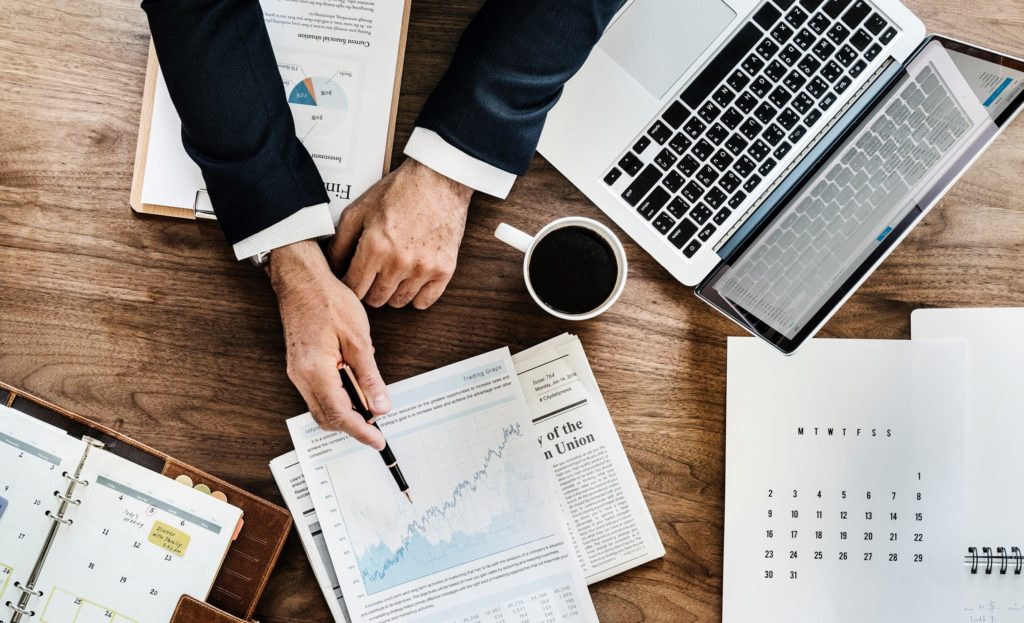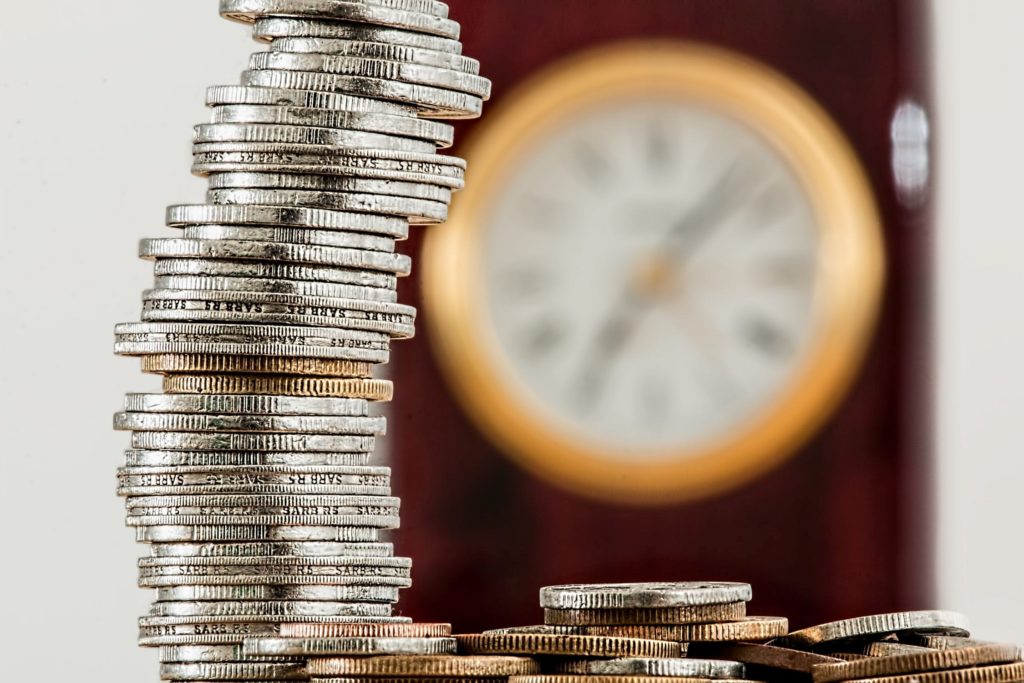Investing is scary – for veterans, for newcomers, for everyone involved! You’re taking your hard-earned cash and putting it in someone else’s hands, hoping beyond hope for a good result. And more often than not you will get a good result, so long as you’re cautious and do your research. But why invest in the first place? Why take that risk?
Well, because it’s the smart thing to do. When you put your liquid assets into property, say, or stocks in a bigtime company, you’re diversifying your assets. Moreover, you’re likely to see them grow over time, where they would otherwise be gathering dust in a low-interest bank. Investing means providing for your family and future, and you should consider getting started right now.
The Very Basics
We all have a bank account. It’s useful, it’s practical, it’s a catch-all for your financial needs, right? Not quite. The first step to climbing onto the investment ladder means taking said current account and opening a savings one right next door. Begin to save up a fund that won’t compromise your monthly budget should an investment go bad and you can take things from there – to an ISA, for example. ISAs, or individual savings accounts, are tax-free ways to earn interest on your savings. Or, if you’re looking more toward the long-term, put cash into a pension fund. These types of accounts are an introduction to investment, to moving your money elsewhere and watching it begin to grow.
Climbing the Ladder
Now that you’re in the game, or on the ladder, so to speak, it’s time to consider how and where to invest that money tucked away in a savings account or ISA. The main options are property, stock and forex. A financial advisor can help you to decide which is best for you, pointing towards high and low-risk areas of each market. Generally, a high-risk investment offers high returns, while low-risk are more reliable, albeit with lower profit.
Financial Security
Be sure to stay safe online when managing investments like these. Spyware, malware or ransomware on your personal computer could mean compromising your fiscal safety when using online banking sites or software – even your email contains sensitive information. Most sites take precautions themselves. They might use a web application firewall, customised to their product so that it filters out malicious requests while allowing legitimate customers to access the site. If so, there’ll be a whole team of full-time individuals dedicated to managing said networks’ safety at each stage of a deposit or withdrawal. Sites might also employ authentication services, two-factor checks or more – but besides these steps, there are things you can do yourself. Install the latest antivirus software, be smart about the places you visit on the web and be sure not to give out any personal info online.
Future Markets
Another area you might want to consider for investment, especially if you’re tech-savvy, is cryptocurrency. Having emerged only in the last decade or so, this currency phenomenon uses the internet to create and support the infrastructure behind online currencies. These currencies, like Bitcoin or Lightcoin, can rise or fall in value drastically over time. Crypto can generally be considered a high-risk investment.
There really is no limit to the kinds of things you can purchase with the hope they gain value over time. While stocks and forex might be the mainstream, you could even go into things like antiques, art or supporting local businesses. The financial world is your oyster, whether you’re playing with a thousand dollars or a million.


Leave a Reply